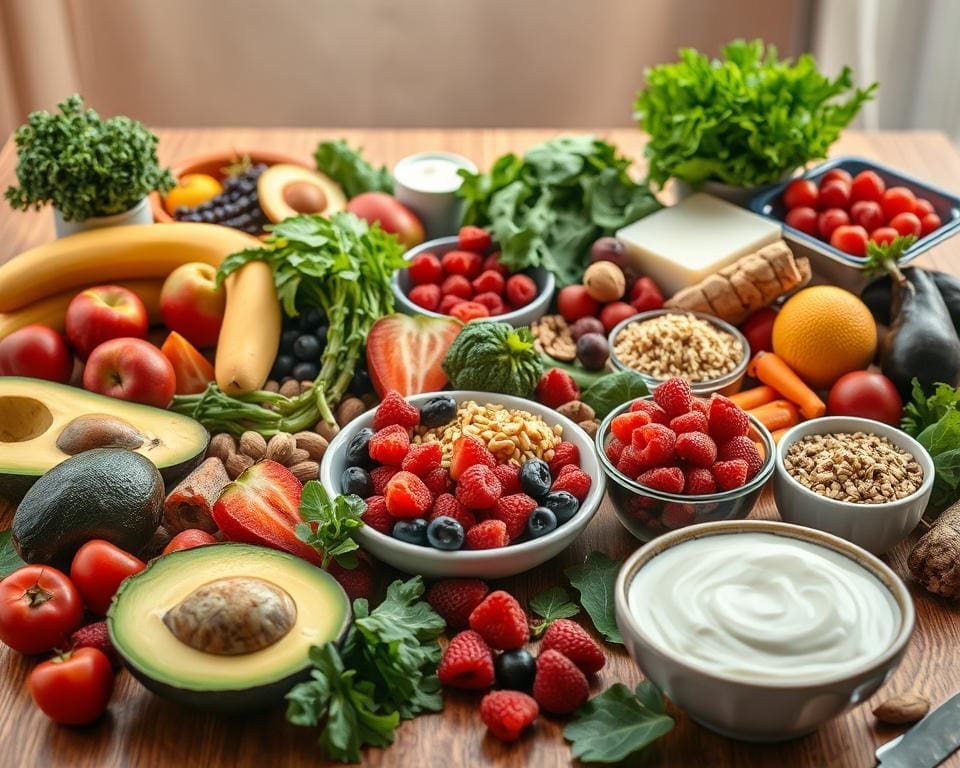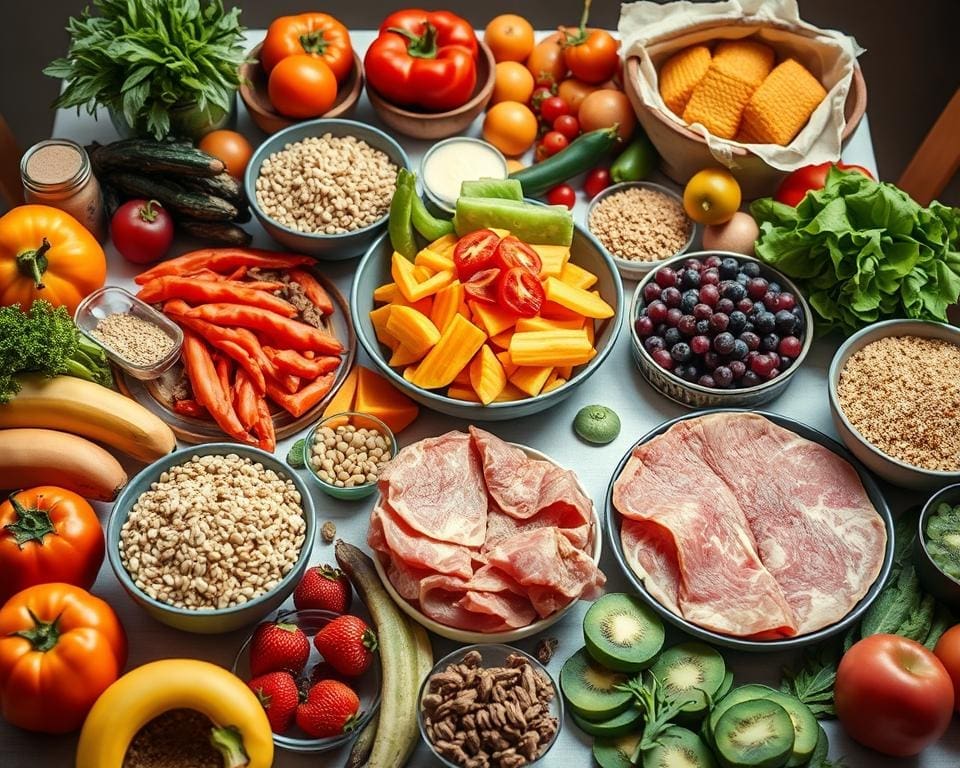A balanced diet is essential during pregnancy, not only for the well-being of the mother but also for the optimal development of the baby. Prioritising pregnancy nutrition is crucial, as it impacts maternal health during pregnancy and can influence the child’s future. Research indicates that consuming a variety of nutritious foods helps to prevent complications and promote a healthier pregnancy journey.
According to the National Health Service (NHS), the inclusion of fruits, vegetables, whole grains, proteins, and healthy fats is vital for expectant mothers. By focusing on balanced diets for a healthy pregnancy, mothers can ensure they receive the necessary vitamins and minerals required during this significant time. Adequate nutrition plays a pivotal role in not just supporting maternal health but also enhancing the cognitive and physical development of the child.
The Importance of Pregnancy Nutrition
Nutrition plays a vital role in supporting maternal health during pregnancy. Expectant mothers need to focus on a well-rounded intake of essential nutrients to ensure both their wellbeing and the optimal development of their baby. A balanced approach to pregnancy nutrition sets the stage for a healthy gestation period, fostering physical resilience and emotional stability.
Understanding the Role of Nutrition in Maternal Health
Prioritising nutrients for expectant mothers is crucial. Proper nutrition contributes to a mother’s energy levels, immune function, and overall health. Women often experience increased nutritional demands during pregnancy, making it essential to maintain a diet rich in key vitamins and minerals. A consistent focus on these aspects can positively influence maternal health during pregnancy.
Key Nutrients for Expectant Mothers
A variety of nutrients are particularly beneficial for expectant mothers. Folic acid, iron, calcium, and omega-3 fatty acids like DHA are significant for both maternal and fetal health. Here are some critical nutrients for pregnancy:
- Folic Acid: Vital for preventing neural tube defects and supporting cell division.
- Iron: Essential for creating additional blood volume and preventing anaemia.
- Calcium: Important for developing the baby’s bones and teeth.
- DHA: Supports brain development and cognitive function in the baby.
Impact of Nutrition on Baby’s Development
Eating well for baby goes beyond immediate health benefits. Nutrition during pregnancy can influence lifelong health outcomes for the child. Proper nutrition can shape a baby’s immune system and potentially affect ongoing metabolic patterns. It is crucial for expectant mothers to understand their dietary choices, ensuring they adhere to guidelines that favour fetal development. Such considerations highlight the profound impact of maternal nutrition on the future health of the child.

Balanced Diets for a Healthy Pregnancy
As expectant mothers navigate the unique journey of pregnancy, understanding what constitutes a balanced prenatal diet becomes paramount. A well-rounded diet not only supports maternal health but also lays a strong foundation for the baby’s development. By embracing a variety of food groups, women can ensure they receive the essential nutrients required during this crucial time.
What Constitutes a Balanced Prenatal Diet?
A balanced prenatal diet comprises an array of vibrant fruits and vegetables, lean proteins, whole grains, and healthy fats. Health authorities recommend incorporating iron-rich foods such as spinach and red meat to combat iron deficiency, which is common during pregnancy. Additionally, foods high in omega-3 fatty acids, like salmon, play a vital role in the development of the baby’s brain and eyes.
Best Foods for Pregnancy: A Nutrient-Rich Guide
To foster a diverse diet, beans, lentils, and nuts are excellent additions, providing much-needed fibre and protein. These foods not only enhance nutritional variety but also support digestive health, crucial during pregnancy. It’s advisable to steer clear of processed foods laden with high sugars and excessive caffeine, as they can adversely affect both maternal and fetal health. By focusing on these best foods for pregnancy, expectant mothers can create nourishing meal plans that are both enjoyable and beneficial, ensuring balanced diets for a healthy pregnancy.









